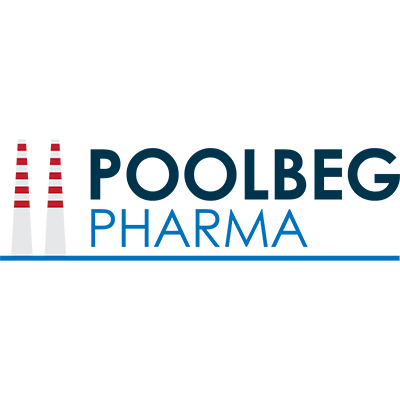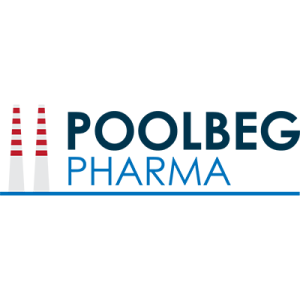To mark upcoming Rare Disease Day, pharmaphorum asked a panel of experts to give their thoughts on the opportunities and challenges facing developers of rare disease therapies in 2024.
The panel comprised: Jean-Philippe Combal, CEO of Vivet Therapeutics; Dr Jörg Thomas Dierks, CEO of Neuraxpharm; Catherine Pickering, CEO of iOnctura; Jeremy Skillington, CEO, of Poolbeg Pharma; and Miquel Vila-Perelló, CEO and co-founder at SpliceBio.
What does the landscape for rare disease therapies look like in 2024?
Jeremy Skillington (JS): In 2024, advancements in rare disease therapies continue, with increased focus on precision medicine, gene therapies, and personalised treatment approaches. Research collaborations and innovative technologies play crucial roles in addressing the unique challenges of rare diseases. Access to these therapies may improve, but affordability and availability remain ongoing concerns.
Poolbeg Pharma plc (LON:POLB) is a clinical stage infectious disease pharmaceutical company, with a novel capital light clinical model which enables us to develop multiple products faster and more cost effectively than the traditional biotech model.


